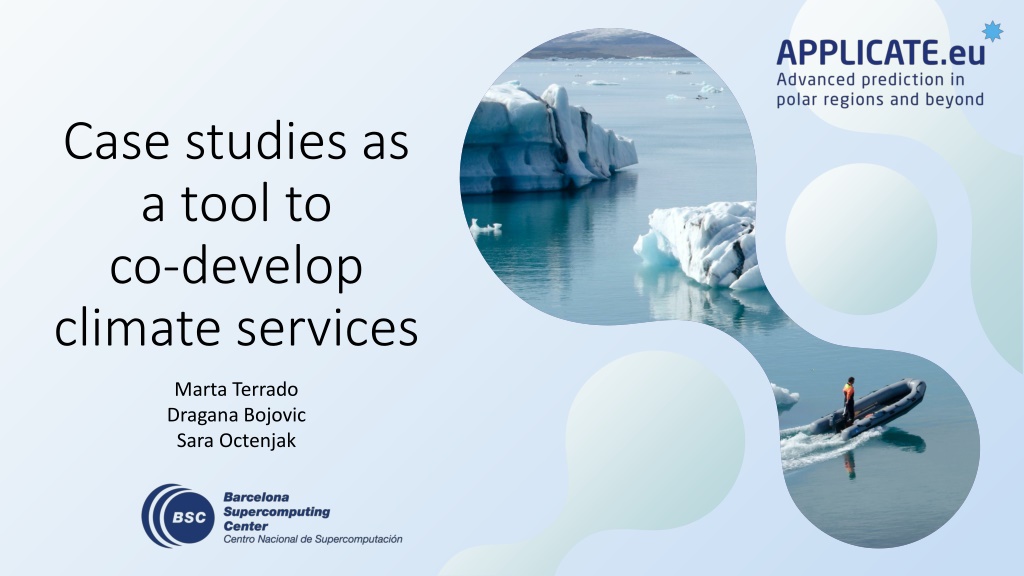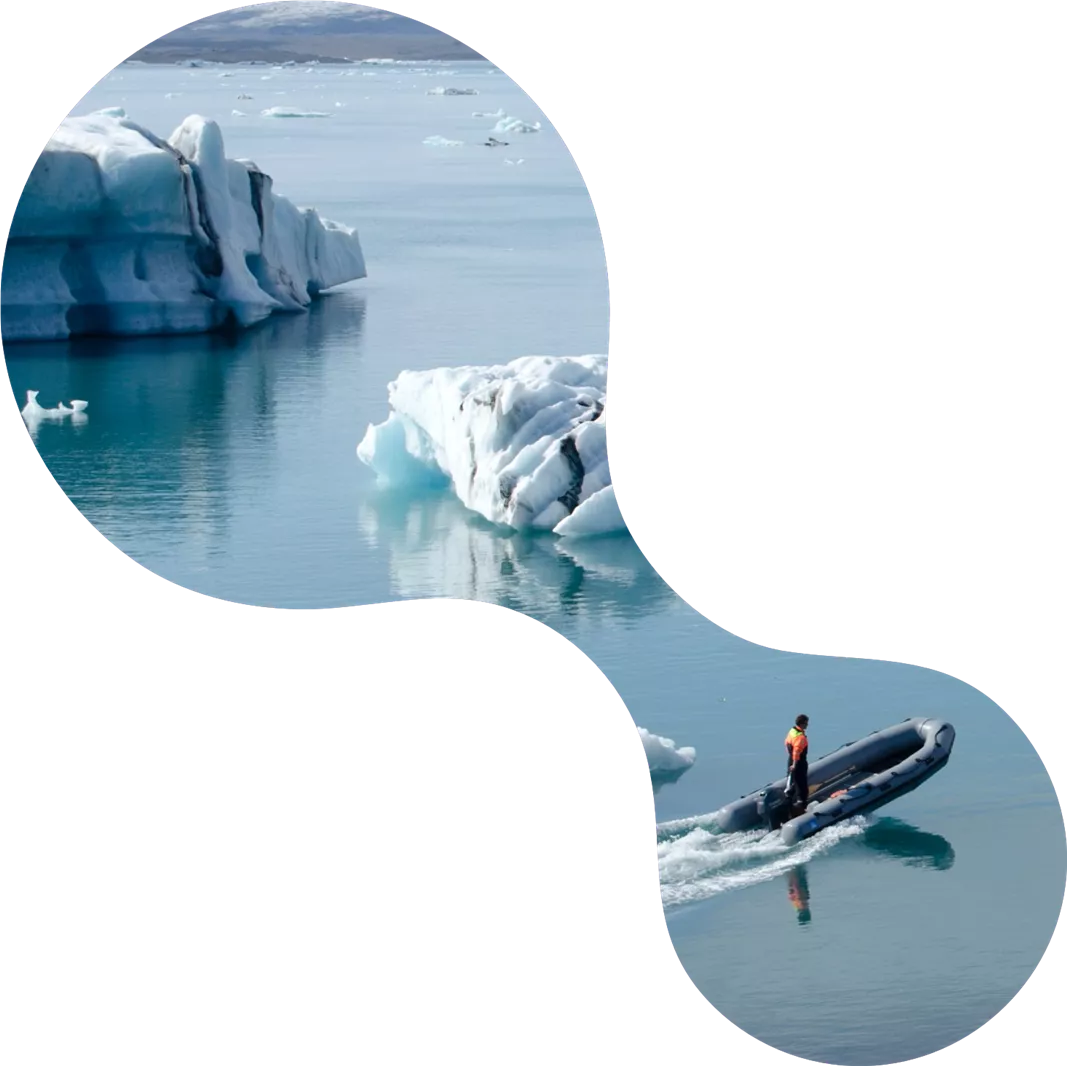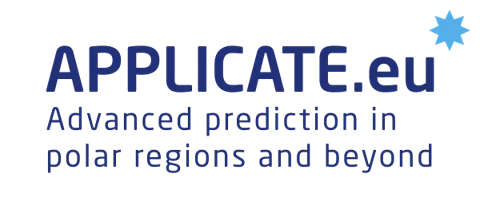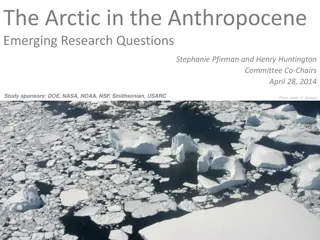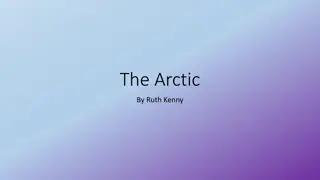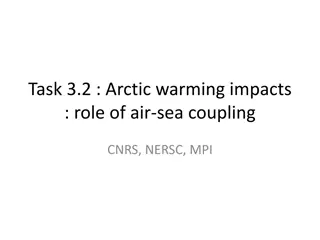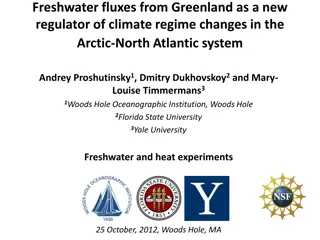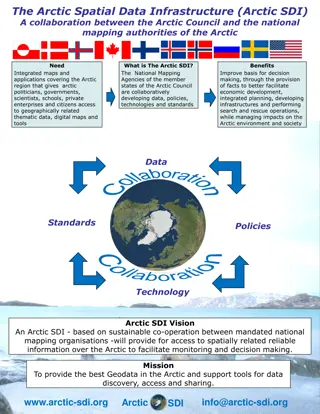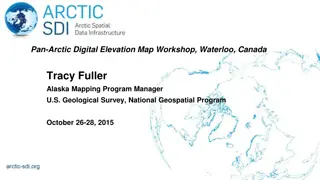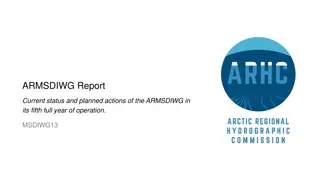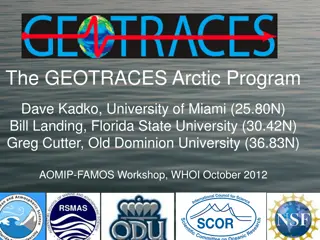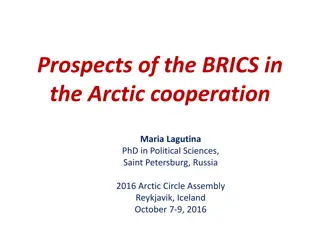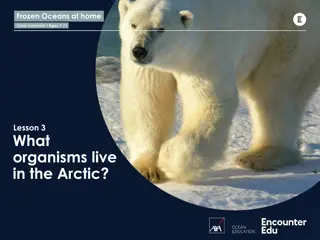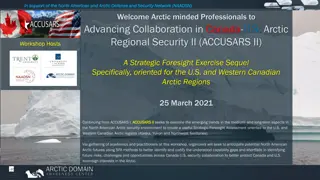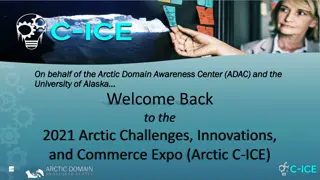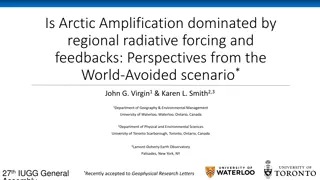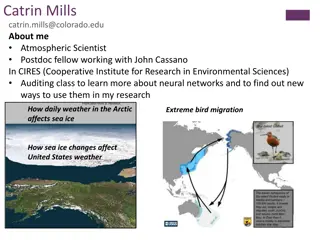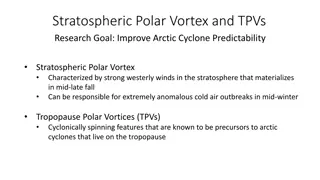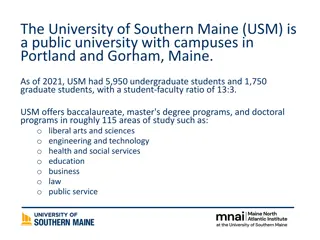Using Case Studies to Enhance Climate Services in the Arctic and Beyond
Co-developing climate services through participatory frameworks and case studies is crucial for understanding the impacts of Arctic climate change on global weather patterns. This approach empowers stakeholders by providing tailored knowledge and engaging them in interactive activities to enhance predictive capacity and inform decision-making for policy makers, businesses, and society. The use of case studies, such as extreme weather events and risk management scenarios, plays a vital role in bridging the gap between scientific research and practical applications in the field of climate services.
Uploaded on Sep 07, 2024 | 0 Views
Download Presentation

Please find below an Image/Link to download the presentation.
The content on the website is provided AS IS for your information and personal use only. It may not be sold, licensed, or shared on other websites without obtaining consent from the author. Download presentation by click this link. If you encounter any issues during the download, it is possible that the publisher has removed the file from their server.
E N D
Presentation Transcript
Case studies as a tool to co-develop climate services Marta Terrado Dragana Bojovic Sara Octenjak
01 In a nutshell Develop enhanced predictive capacity for weather and climate in the Arctic and beyond and determine the influence of Arctic climate change on Northern Hemisphere mid-latitudes, for the benefit of policy makers, businesses and society. ARCTIC CHANGE 2020 xx December 2
Participatory framework for climate services 02 Engagement Empowerment Websites and web tools Tailored knowledge CASE STUDIES CLIMATE SERVICES CO-PRODUCTION KNOWLEDGE EXCHANGE Adapted from Bojovic et al. (under review) and WMO s guidance for good practices for climate services user engagement (2018) Involvement Interactive group activities ARCTIC CHANGE 7-10 December 2020 3
04 Case studies Increasingly used in the climate services field to provide descriptions of particular extreme weather and climate events of interest for stakeholders (e.g. affecting their businesses and activities) that occurred in the past over a specific location and time. 4
04 Case studies BLOG BLOG POLAR PREDICTION MATTERS POLAR PREDICTION MATTERS https://blogs.helmholtz.de/polarpredictionmatters/ https://blogs.helmholtz.de/polarpredictionmatters/ USER GROUP USER GROUP OTHER PROJECTS OTHER PROJECTS CONFERENCES CONFERENCES ECS ECS CASE STUDIES CASE STUDIES ARCTIC CHANGE 7-10 December 2020 5
05 Case studies Risk management case studies Risk management case studies Energy case studies Energy case studies ARCTIC CHANGE 7-10 December 2020 6
06 Extreme events in the Arctic Source: Alfred-Wegener Institute (AWI) ARCTIC CHANGE 7-10 December 2020
07 Case study: Extreme rainfall in Svalbard Learning from the past Landslides and slush avalanches Landslides and slush avalanches identified by satellite images identified by satellite images Extreme temperatures over the Arctic Extreme temperatures over the Arctic Observed daily precipitation, 7 November 2016 Observed daily precipitation, 7 November 2016 ARCTIC CHANGE 7-10 December 2020
08 Case study: Extreme rainfall in Svalbard Preparing for the future Understand linkages between the Arctic and mid-latitudes Sub Sub- -seasonal predictions seasonal predictions 1, 2 and 3 weeks in advance 1, 2 and 3 weeks in advance (potential occurrence of rain (potential occurrence of rain- -on on- -frozen ground) frozen ground) Enhanced weather and climate information can support preparedness of local populations to deal with events that can be catastrophic Next: explore how these type of events will look like in the future. ARCTIC CHANGE 7-10 December 2020
09 Lessons learned Learning from the past Preparing for the future Event identified by stakeholders. Ask stakeholders to provide feedback and help in the dissemination Assess the predictability of the event Assess the added value of climate services for the affected/benefitted stakeholders Physical processes and underlying causes of the event Build narratives of how the event will look like in the future Impact on society and the economy Explore event attribution Identify research gaps ARCTIC CHANGE 7-10 December 2020 10
Marta Terrado marta.terrado@bsc.es Thank You! You can find the APPLICATE projects case studies here: https://applicate.eu/outreach/case-studies The project participating in this presentation has received funding from the European Union s Horizon 2020 research and innovation programme under grant agreement n 727862 (APPLICATE) 11
